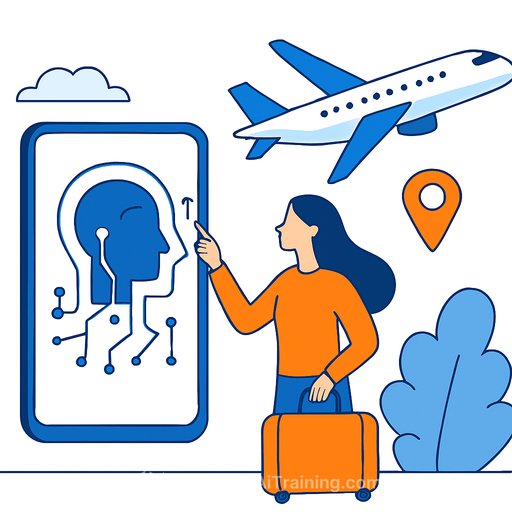Agentic Automation: Seamless Orchestration for Modern Enterprises
Agentic automation is gaining momentum in Southeast Asia as organizations move beyond AI experiments toward large-scale implementations. The latest IDC InfoBrief, commissioned by UiPath, highlights this shift and predicts 2025 as a key year for AI integration in the region.
This approach combines robotic process automation (RPA), AI models, and human expertise into unified workflows. People, robots, and AI agents collaborate to streamline processes, boost productivity, and improve product and service quality.
Why Southeast Asia is Embracing Agentic Automation
Businesses in Southeast Asia want to enhance employee productivity and speed up product development. According to the survey, 75% of respondents believe agentic AI supports better decision-making, and 72% say it increases productivity.
The region’s growth in digital transformation fuels demand for more autonomous and efficient systems. Financial services, manufacturing, and retail are leading industries adopting agentic AI. Key use cases for 2025 include:
- Customer support automation (58%)
- Risk management and fraud detection (58%)
- Productivity enhancement (56%)
Challenges in Widespread AI Adoption
Despite enthusiasm, enterprises face hurdles. Risk management concerns top the list (22%), followed by a shortage of skilled professionals (18%) and high infrastructure costs (18%).
Specific worries about agentic AI involve data privacy breaches, security vulnerabilities from autonomous actions, and unintended consequences from complex interactions.
Implementation challenges also include:
- Data security concerns
- High costs
- Integration difficulties with existing systems
Maximizing the Benefits of Agentic Automation
Agentic automation enables organizations to integrate AI and RPA into their workflows effectively. Agentic orchestration helps bridge isolated AI tasks and scale automation across departments.
Business leaders should focus on building transparent human-agent ecosystems with strong governance, clear decision-making, and strict data privacy compliance. Technology teams must choose agentic tools that scale with organizational needs and fit existing infrastructure.
Ensuring Responsible AI Deployment
Southeast Asian countries need clear policies, standards, and regulatory guidelines to manage ethical AI use. Addressing risks requires transparent risk management, robust security, targeted upskilling, and public-private partnerships.
Financial services and customer support professionals can benefit from learning more about AI-driven automation and orchestration to improve service quality and operational efficiency. For those interested in advancing their skills in AI and automation, courses are available at Complete AI Training.
Looking Ahead
Agentic automation is set to transform how enterprises operate, especially in Southeast Asia’s dynamic markets. Overcoming challenges around security, cost, and skills will be crucial. With the right strategies, businesses can unlock significant productivity gains and improved decision-making.
Your membership also unlocks:









